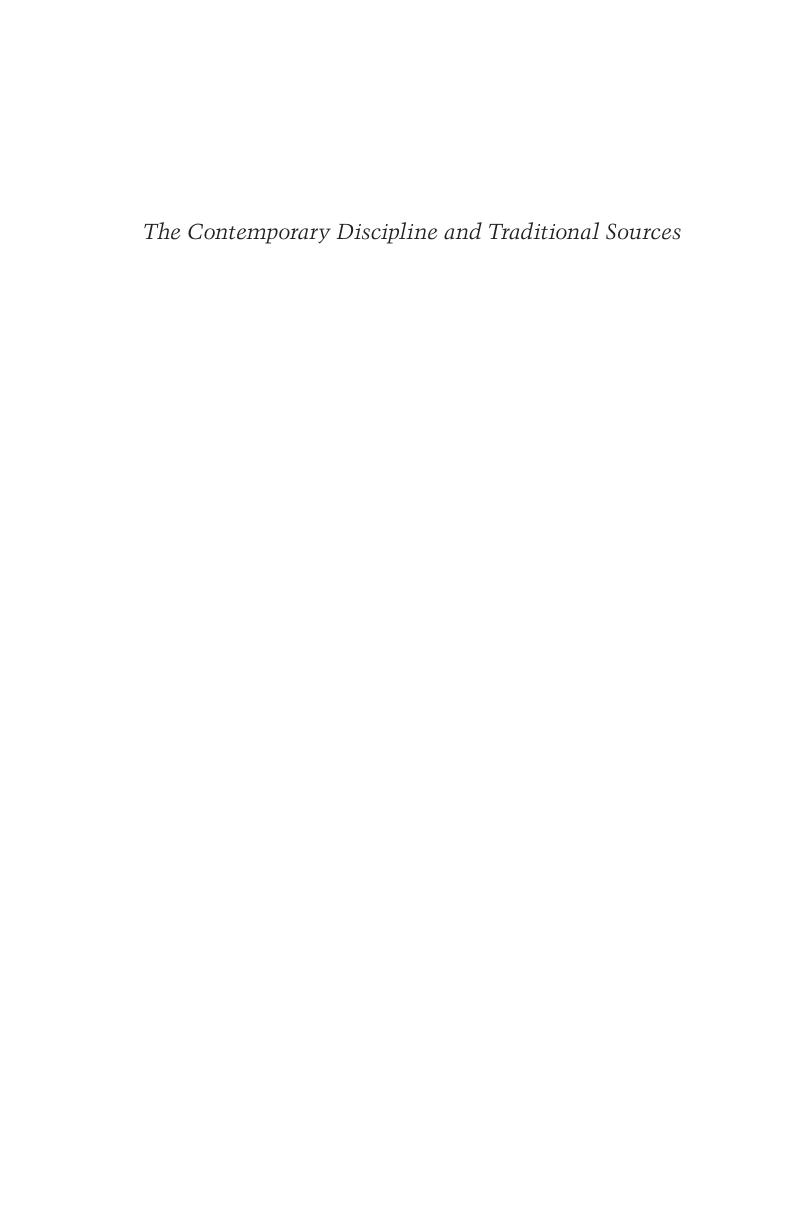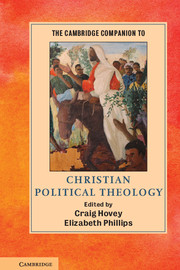Book contents
- The Cambridge Companion to CHRISTIAN POLITICAL THEOLOGY
- Cambridge Companions to Religion
- CHRISTIAN POLITICAL THEOLOGY
- Copyright page
- Contents
- Notes on Contributors
- Preface
- Part I The Shape of Contemporary Political Theology
- Part II Contemporary Questions in Political Theology
- The Contemporary Discipline and Traditional Sources
- Issues
- Ends
- Index
- References
The Contemporary Discipline and Traditional Sources
from Part II - Contemporary Questions in Political Theology
Published online by Cambridge University Press: 05 December 2015
- The Cambridge Companion to CHRISTIAN POLITICAL THEOLOGY
- Cambridge Companions to Religion
- CHRISTIAN POLITICAL THEOLOGY
- Copyright page
- Contents
- Notes on Contributors
- Preface
- Part I The Shape of Contemporary Political Theology
- Part II Contemporary Questions in Political Theology
- The Contemporary Discipline and Traditional Sources
- Issues
- Ends
- Index
- References
Summary

- Type
- Chapter
- Information
- The Cambridge Companion to Christian Political Theology , pp. 156 - 195Publisher: Cambridge University PressPrint publication year: 2015

